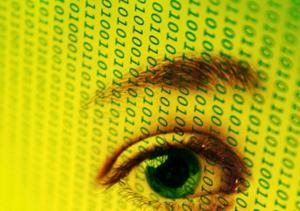Time to repeal ASIO special powers
ASIO's unprecedented detention powers have led to no prosecutions and should be repealed, research led by UNSW Scientia Professor George Williams has found.
ASIO's unprecedented detention powers have led to no prosecutions and should be repealed, research led by UNSW Scientia Professor George Williams has found.

ASIO's extraordinary detention powers conferred after the September 11 terrorist attacks are unprecedented in Western democracies, have led to no prosecutions and should be repealed, research led by UNSW Scientia Professor George Williams has found.
The most comprehensive study of the powers published to date says the ASIO Amendment Act does not protect Australians against terrorism and does not justify the law's infringement of human rights.
The Act established the Special Powers Regime that allows the spy agency to question and detain people even if they are not suspects in any crime. Study authors Professor Williams, Lisa Burton and Nicola McGarrity, from UNSW's Gilbert + Tobin Centre for Public Law say that a decade after the September 11 attacks it was now time to repeal the laws.
''The inescapable conclusion seems to be that ASIO does not regard the Special Powers as particularly useful and that Questioning Warrants are not an essential weapon in the fight against terrorism,'' they write.
''The regime makes substantial inroads into fundamental human rights. Intelligence agencies are given unprecedented powers to detain non-suspects.
''These powers might be acceptable if they were required to protect Australia from a terrorist act. However they have rarely been used.''
The findings come as the Prime Minister, Julia Gillard, has declared Australia should move on from the ''9/11 decade'' .
In this video opinion, Professor George Williams outlines the five things you should know about Australia's anti-terrorism laws.